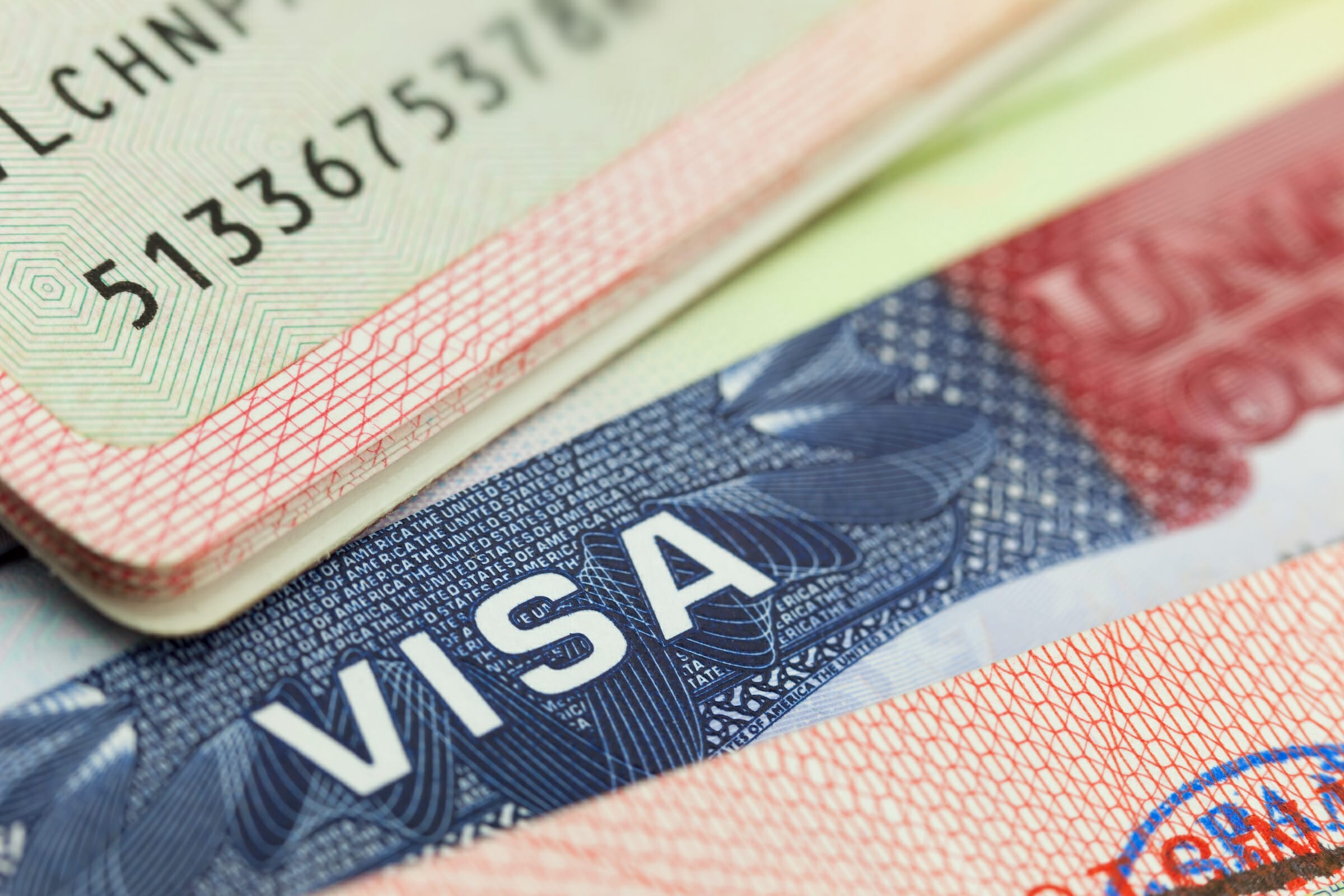Business Visa in Thailand. Doing business in Thailand usually starts with the right visa. “Business visa” is an umbrella term most people use for the Non-Immigrant “B” category (for employment, business negotiation and investment), but it also covers special pathways — SMART, BOI-facilitated visas, and new LTR or long-stay schemes — each with different benefits, eligibility tests and immigration/work-permit interactions. This guide explains the practical visa options, the documentary and procedural steps, how the Thai work-permit system ties in, employer obligations, common traps for foreign hires and investors, and operational tips to keep a business stay compliant and efficient.
Which visa for which business purpose? (quick map)
-
Non-Immigrant “B” (Business/Work). The default. Issued by Thai embassies for people entering to take employment, work on a contract, or set up/manage a company. Once in-country on a Non-B, you generally must obtain a Thai work permit before starting paid work.
-
SMART Visa. Aimed at highly skilled workers, executives, investors and startup founders in targeted industries; it can grant stays up to four years, exempt the holder from a separate work permit in many cases and include family privileges. SMART is selective but attractive where eligibility is met.
-
BOI/Promoted Investor & Work Permits. Companies with Board-of-Investment promotion or special investment approvals benefit from streamlined permitting, sometimes higher allowable foreign ownership and faster work-permit processing. BOI pathways are common for manufacturers and promoted service sectors.
-
LTR (Long-Term Resident) and other long-stay schemes. Newer visa classes intended to attract talent and capital (digital nomads, high-net-worth individuals); LTR can deliver multi-year stays and relaxed employment rules in some cases. These are programmatic and conditional.
Getting the Non-Immigrant “B”: practical steps & documents
Applying at a Thai embassy/consulate typically requires:
• a passport valid for ≥6 months; • completed visa form and photos; • employer invitation or company documents (letter of assignment, corporate registration, shareholder list and VAT or tax ID); • proof of financial means and travel itinerary; and • sometimes criminal-record checks or diploma copies. Consulates differ slightly in the checklist and evidence they insist on, so use the mission’s published list. After entry (the visa commonly issues as a 90-day single-entry stamp or a 1-year multiple-entry stamp in some cases), the employer must file for a work permit with the Department of Employment; the permit must be granted before the foreigner performs paid work.
Work permits: the legal gate to employment
A Thai work permit is a separate administrative permission that links the foreigner to a specific employer, job title, salary and workplace address. Standard requirements include corporate documents (company affidavit, shareholder list, financial statements), the foreign national’s education and health certificates, passport photos, and evidence that the employer meets local hiring or capitalization rules. For BOI-promoted entities and some SMART visa holders the process is simplified or the permit requirement is partially waived — but in general employers must obtain the permit before an employee begins work. Recent BOI and labor-office updates have tightened salary-and-ratio thresholds and introduced streamlined e-filing for promoted cases.
Recent and practical regulatory changes to watch
Thailand’s immigration and employment regime is actively evolving: in 2025 authorities restructured non-immigrant visa categories (simplifying the menu and altering sub-category rules) and have been implementing digital platforms to streamline work-permit processing. Employers should monitor MOFA, Department of Employment and BOI notices because changes can affect documentation, timelines and employer eligibility criteria. In 2025–2026 several administrative reforms aimed to speed pre-arrival vetting and consolidate multiple permit steps into single online submissions for BOI-related hires.
Employer obligations and compliance risks
Employers sponsoring foreign hires face numerous obligations: accurate payroll withholding, social-security registration, maintenance of work-permit records, timely extensions of visa and permit, and compliance with any advertised Thai-to-foreign employee ratios or minimum salary thresholds (especially for BOI projects). Failure to comply can trigger fines, permit revocation, criminal liability for employers in extreme cases and deportation or blacklisting for the employee. Always maintain up-to-date corporate records, board resolutions approving the hire and a clear paper trail about the job’s necessity relative to local hiring.
Common operational issues and their fixes
-
Hiring before permit approval. Risky: don’t let a foreigner begin paid duties until the work permit is issued or a lawful SMART/LTR exception applies.
-
Role or location drift. Work permits are job- and location-specific; significant changes require amendment or a new permit. Build role flexibility into planning (and budget for amendment fees).
-
Short salary or ratio noncompliance. For BOI and certain sectoral hires, minimum salaries and Thai-staffing ratios matter—run these numbers early and communicate expectations to HR and payroll.
Tax, residence and reporting (practical pointers)
Foreign employees who stay ≥180 days in the tax year typically become Thai tax residents and are taxed on Thai-sourced income and certain foreign income remitted into Thailand. Employers must withhold personal income tax and report payroll properly. For business plans that rely on expatriate compensation packages, model local payroll taxes, benefits and social security costs to avoid surprises at contracting or budgeting stages.
Practical strategy for investors and in-country managers
-
Map the immigration path before a hire is made. Decide whether Non-B + work permit, SMART, BOI facilitation or LTR best fits the profile and timeline.
-
Assemble corporate due diligence early. Immigration officers will ask for company financials, VAT records and shareholder lists — keep them current.
-
Use BOI/SMART where justified. The operational perks (exemption from work-permit steps, faster processing) often justify the extra paperwork for qualifying projects.
-
Plan for digital filing. Authorities have been rolling out e-work permit and consolidated online portals; build this into timelines and HR workflows.
Final practical checklist (before you hire or relocate)
-
Confirm the correct visa class with your Thai counsel or the embassy.
-
Collect corporate docs: company affidavit, shareholder list, VAT/tax records and board minutes approving the hire.
-
Prepare personal docs: passport, diplomas (certified), medical certificates and police clearances.
-
Budget time for work-permit issuance and any BOI or sectoral approvals.
-
Keep a local tax adviser on standby to set up withholding and residency reporting.





